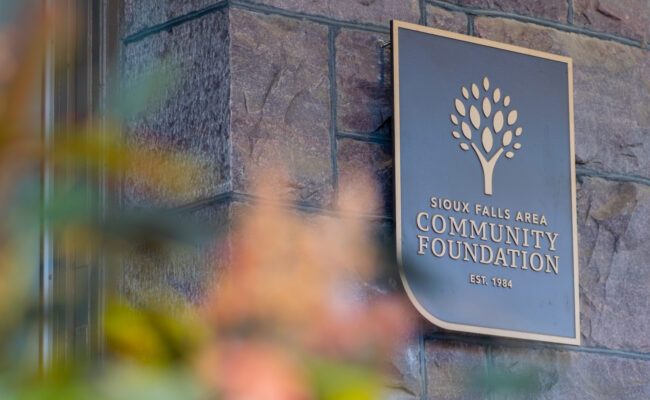Are you wondering how the passage of the One Big Beautiful Bill will affect your clients?
The bill was signed into law by President Trump on July 4, 2025, after the House of Representatives approved the Senate’s changes to H.R. 1, which passed the House by a narrow margin in May.
The OBBBA, with nearly 900 pages of provisions, reshapes policy across major sectors of the economy and includes several provisions that affect philanthropy.
Here are three areas your clients might be thinking about – and advice on how to help them.
Standard deduction goes higher: The new law makes permanent the standard deduction increases under the Tax Cuts and Jobs Act of 2017 (TCJA), increasing the standard deduction for 2025 to $15,750 for single filers and $31,500 to taxpayers who are married and filing jointly. The new law also expands the “bonus” deduction for taxpayers 65 and older through 2028.
- With fewer taxpayers eligible to itemize, this could cause a chilling effect on charitable giving.
- It’s important to encourage your clients to continue to give, and remember philanthropy is a family value for many people – not just a tax deduction.
Non-itemizers can take a charitable deduction: The new law includes a provision, effective after 2025, allowing non-itemizers to take a charitable deduction of $1,000 for single filers and $2,000 for taxpayers who are married and filing jointly. As has been the case in the past, gifts to Donor Advised Funds are not eligible. Unlike a previous (but smaller) similar provision, though, this law is not set to sunset.
- The number of U.S. adults who give to charity has been falling. This deduction could re-motivate people to give.
- If you’re an attorney, CPA, or financial advisor, make sure you talk about charitable giving with your clients who don’t itemize; a $1,000 or $2,000 deduction could be just the motivation they need to begin a journey of philanthropy.
No sunsetting estate tax exemption: For affluent taxpayers updating financial and estate plans, and for the attorneys, CPAs, and wealth managers advising them, the last couple of years have been a roller coaster because of the looming possibility that the TCJA’s increase to the estate tax exemption would sunset at the end of 2025.
- Under the OBBBA, the sunset will not happen. The new law makes permanent the increase in the unified credit and generation-skipping transfer tax exemption threshold. The 2025 exemption is $13.99 million for single filers and $27.98 million married filing jointly. In 2026, these numbers increase to $15 million and $30 million respectively.
- As families work with their tax and estate planning advisors, many see the next two years as a time to plan ahead. High net-worth taxpayers now have more time to consider estate planning strategies, including charitable giving.



